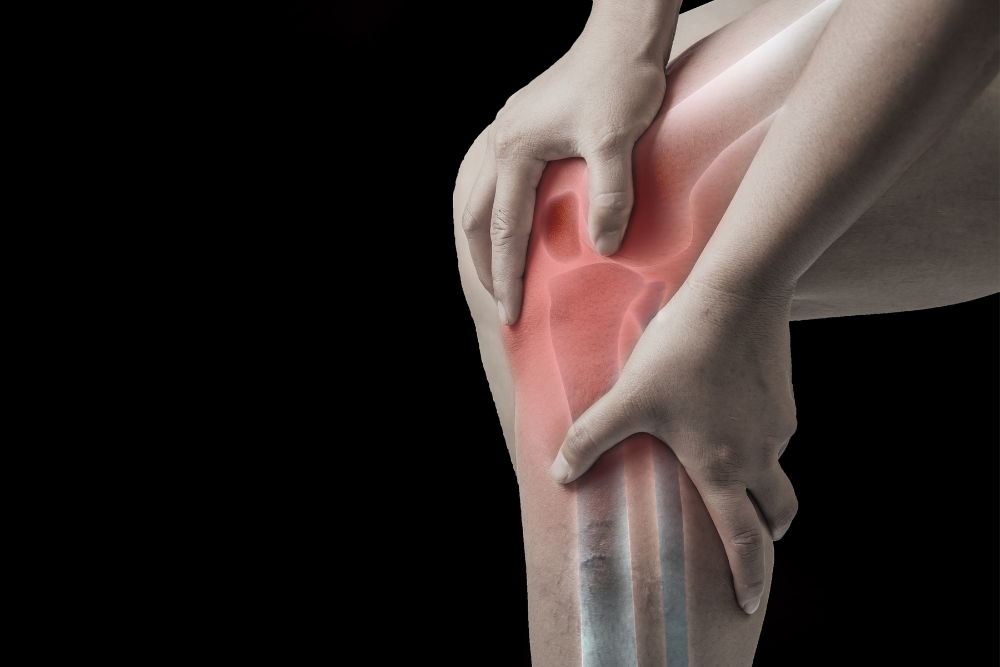If you or someone you know is living with spondyloarthritis, it is important to understand what the condition is and how you can manage it. While there is no cure, there are several treatments that can help reduce symptoms and improve quality of life.
What is Spondyloarthritis?
Spondyloarthritis isn’t the name of a specific condition. Instead, it is a family of rheumatic disorders that cause arthritis. Spondyloarthritis affects the spine and other joints in the body, causing pain, stiffness, and inflammation in the affected areas. It is a rare disease, usually inherited, and mainly affects men in their teens and 20s.
What Are The Symptoms Of Spondyloarthritis?
Your symptoms and their location may vary depending on the type of spondyloarthritis you have. There are several types of spondyloarthritis, including:
Ankylosing spondylitis
Ankylosing spondylitis mainly affects the spine and pelvis region. Symptoms may start in the lower back and buttocks. It may also affect the tendons, ligaments, chest, and neck. In rare cases, it may also cause heart inflammation.
Reactive arthritis
The cause of reactive arthritis is from bacteria entering the bloodstream and causing inflammation in the eyes, urinary tract, and joints. Having the human leukocyte antigen (HLA) B27 gene makes people more likely to get reactive arthritis.
Psoriatic spondyloarthritis
When psoriatic arthritis affects the spine, it is called psoriatic spondylitis. It may also cause stiffness and pain in the neck.
Enteropathic arthritis
In addition to having pain in the back, arms, and legs, people with enteropathic arthritis will have digestive problems and inflammatory bowel disease.
Diagnosis of Spondyloarthritis
Your doctor will discuss your symptoms, medical history, and family medical history. An X-ray or MRI will determine if you have arthritis in your spine and sacral area. The physician will also likely order testing to check for the HLA-B27 gene.
Long-Term Consequences of Spondyloarthritis
If you experience any of the symptoms listed above, it is vital to meet with your healthcare provider. If left untreated, spondyloarthritis can have multiple long-term health complications such as:
- Osteoporosis
- Eye inflammation
- Inflammation of the aortic valve
- Psoriasis skin rash
- Intestinal inflammation
Living With Spondyloarthritis
There is no cure for spondyloarthritis. However, lifestyle changes can help manage the symptoms and slow the progression of the disease.
Low-impact exercise and physical therapy can help lessen pain and manage symptoms. In addition, smoking causes inflammation, so quitting smoking now can help slow the progression of the disease. Reducing or eliminating sugar and processed foods from your diet also helps to decrease inflammation. Eliminating sugar also leads to weight loss, which lessens the strain on your joints.
Treatment
The best possible outcomes begin with early diagnosis and treatment. Treatment options vary depending on the severity of symptoms and may include medications, physical therapy, and surgery. If you are experiencing any of the symptoms associated with spondyloarthritis, please schedule an appointment with Advanced Rheumatology of Houston by calling (281) 766-7886. Our caring professionals can work with you to discuss your options and find a treatment that is best for you.



